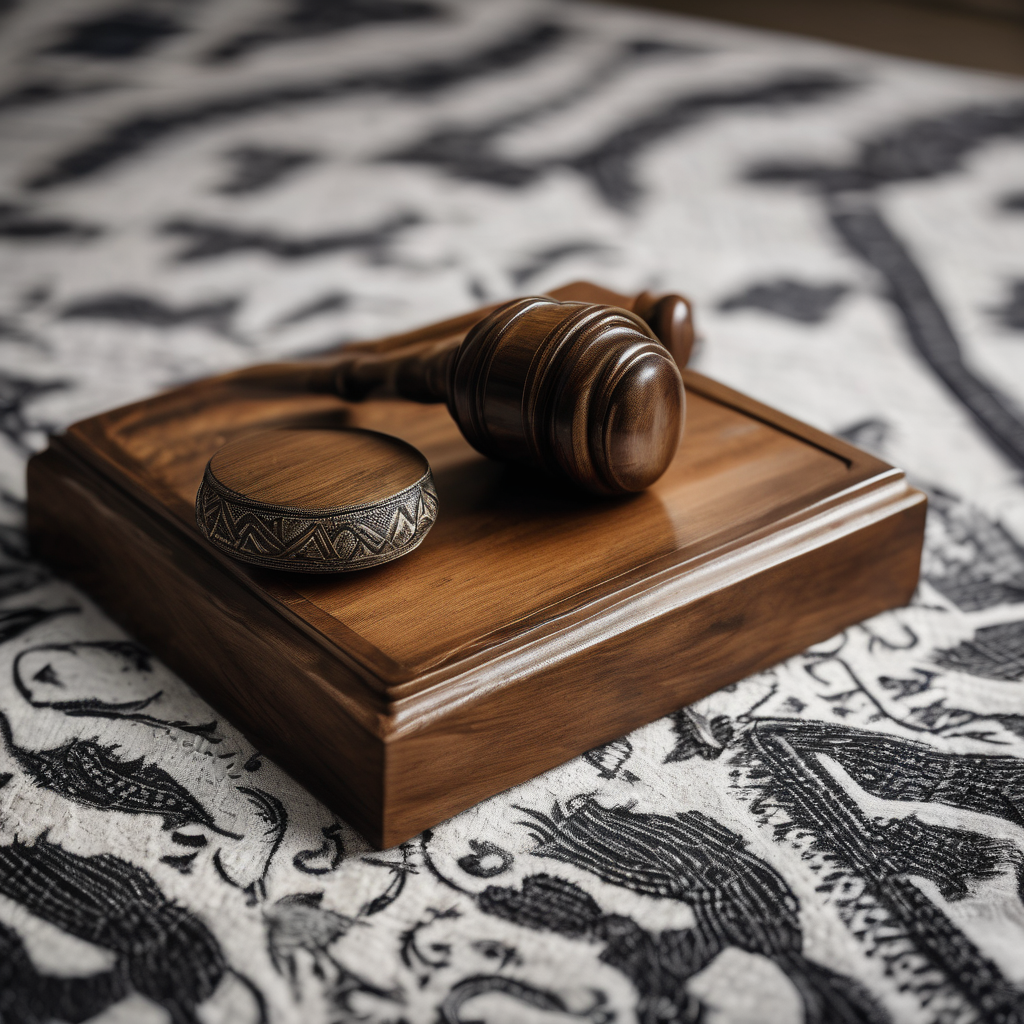Syria has entered a significant new chapter as it conducts its first trial of suspects connected to the violent clashes that erupted in March, marking a pivotal moment in President Ahmed al-Sharaa’s commitment to establishing accountability. This trial comes on the heels of a devastating wave of violence that resulted in the deaths of hundreds, particularly from the Alawite minority.
According to judicial sources, the proceedings involve about a dozen defendants, who are accused of participating in assaults against Alawite communities and attacking government forces—actions that exacerbated the unrest. This violence surged following the ousting of former president Bashar al-Assad by Sunni Islamist rebels in December, signaling the end of over fifty years of authoritarian rule and increasing sectarian tensions.
The trial, which is being held publicly at the Aleppo Court of Justice, includes serious charges such as inciting civil war, secession, premeditated murder, and looting. Testimonies have revealed that both the accused groups contributed to the violence, resulting in both civilian deaths and assaults on military facilities. Prosecutors are currently targeting around 300 individuals linked to armed factions and approximately 265 with ties to the former Assad regime’s paramilitary groups, reflecting the vast impact of the ongoing unrest.
A prior investigation by Reuters indicated that nearly 1,500 Alawites were killed by Syrian forces in a violent crackdown against an uprising led by loyalists of Assad’s military. A subsequent report from a government fact-finding committee corroborated this, stating that 1,426 casualties resulted from the government’s retaliatory actions, underlining the severe toll of these conflicts.
While Syrian authorities claim to be entering a new era of accountability, historians note that previous decades have seen military personnel largely evade justice. Anti-government activists and advocates for the Alawite community express skepticism regarding the independence of this judicial process.
U.N. investigators suggested that war crimes were likely perpetrated by both interim government forces and those loyal to the former regime throughout this period of turmoil, indicating a complicated landscape of power dynamics and accountability. Al-Sharaa has publicly denounced the violence, asserting the need to hold accountable those responsible for the chaos as essential to unifying the divided nation.
Deputy Minister of Justice Mustafa al-Qassem reinforced this message, stating that these trials mark the beginning of ongoing efforts to hold accountable not only recent perpetrators but also those who committed atrocities during the Assad era. “The trials won’t just stop at the coastal violations,” he asserted, emphasizing the expansive scope of this pursuit for justice.
As Syria continues to confront the shadows of its turbulent past, these trials reflect the broader regional implications of the unstable political landscape. Despite the persistent issues of sectarian violence and human rights abuses, the emergence of these accountability measures provides a glimmer of hope for reconciliation and progress in addressing long-standing grievances. These judicial proceedings may signal the beginning of a meaningful shift towards justice in a country that has suffered deeply from cycles of violence and repression.
